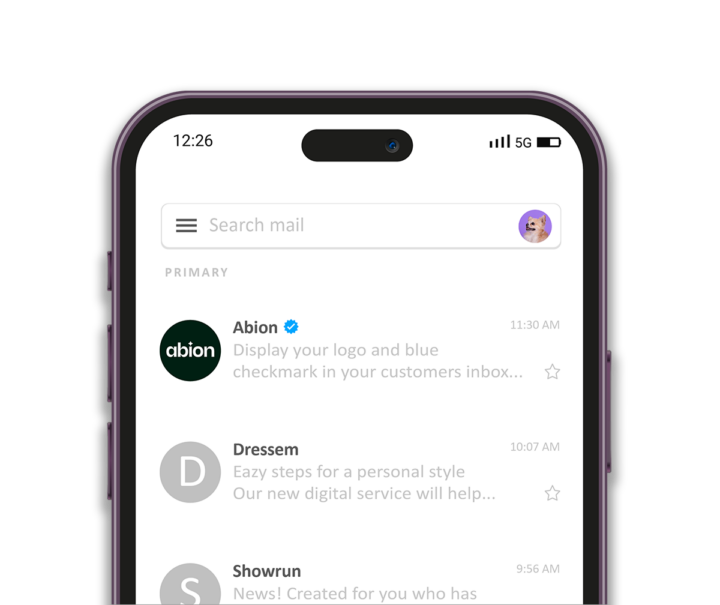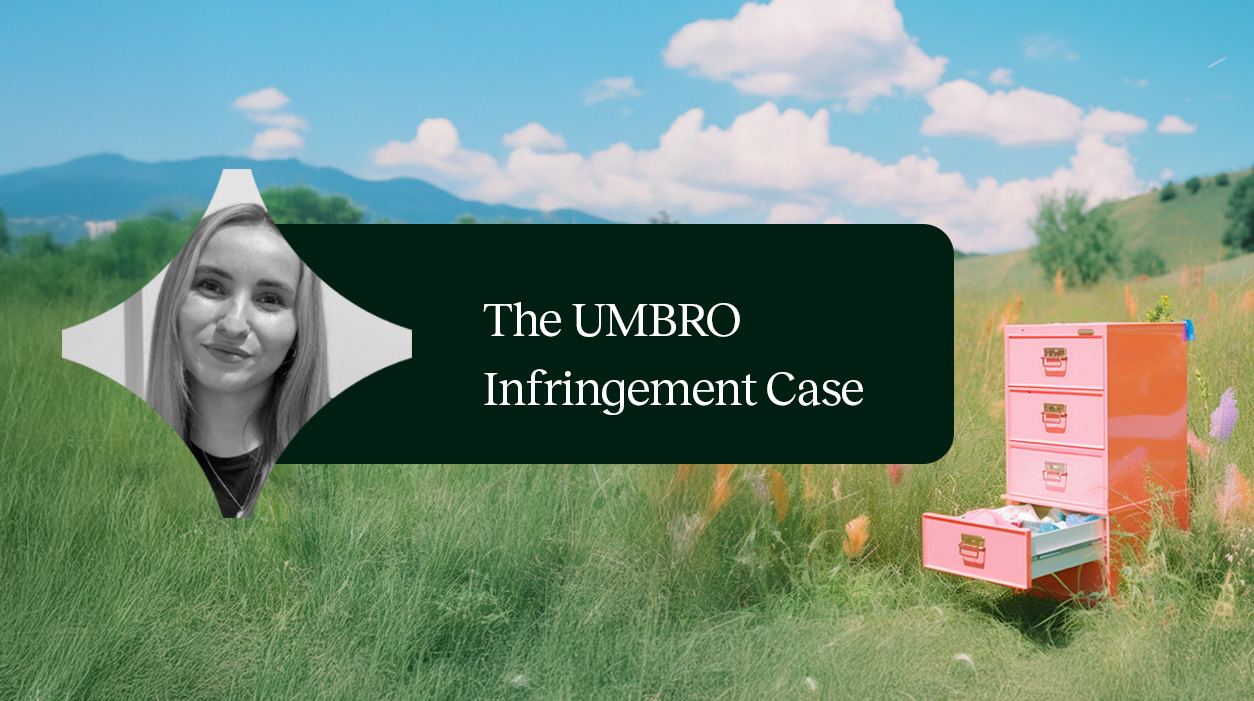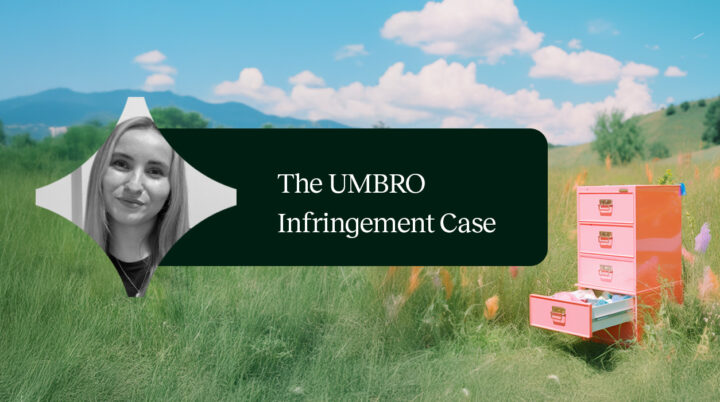
Protect Your Guest Experience. Preserve Your Brand.
In hospitality, trust is everything. Guests rely on digital touchpoints: booking platforms, search results, emails, and reviews - before they ever step through the door. But every one of those touchpoints can be exploited.
Fake listings, scam ads, and phishing emails can divert bookings, steal payment data, or damage reputation in ways that are hard to undo. Whether you're a boutique hotel or a global restaurant group, protecting your digital presence means protecting your guests - and your bottom line.
Why Hospitality Brands Are Prime Targets
The hospitality industry is everywhere online. Hotels, restaurants, and venue chains live on platforms built for visibility: Google, TripAdvisor, OpenTable, Booking.com, gift card portals, local maps, and social media.
That visibility comes at a cost. These public-facing, high-traffic profiles are easy for bad actors to spoof, hijack, or impersonate. Fake listings can steal bookings. Scam phone numbers can reroute guest inquiries. Impersonated ads and offers can mislead paying customers - while the brand takes the blame.
And because bookings are time-sensitive, even small delays in reacting can lead to real losses in revenue and trust.
Brands we secure





A Threat Landscape Built for Deception
Scams in hospitality don’t look like obvious hacks - they’re designed to feel real. Guests receive fake confirmations or emails from "support." A cloned website shows up in search results. An ad for discounted stays leads to a lookalike gift card shop. Even seasoned staff may be tricked by altered invoices or fake phone calls from impersonated suppliers.
And with high seasonality, large guest volumes, and distributed teams, many of these scams go unnoticed - until reviews drop or chargebacks hit.
For hospitality brands, trust is won slowly and lost in seconds. That’s why proactive protection is no longer optional.

What You Need to Defend Against
Threats in hospitality rarely occur in isolation - they are coordinated, complex, and difficult to detect. They target guests, internal systems, and your digital channels alike. When a single attack slips through, it doesn’t just disrupt operations - it damages the guest experience and your brand value.
Below, you’ll find an overview of the most common attack types and how they typically unfold.

Built for Hospitality – From Boutique to Global Chain
Whether you run a single-location restaurant or manage a global hotel portfolio, the risks are real, and they scale with your visibility. As your digital presence expands across listings, platforms, and regions, so does the complexity of protecting it.
Some businesses need quick alerts and fast action. Others need structure, oversight, and internal coordination. Abion is built to support both ends of that spectrum, with solutions that flex to your size, setup, and ambition. We're consistently chosen for our ability to adapt - not just to scale, but to the way hospitality actually operates.
From day-to-day threats to long-term governance, hospitality brands need protection that works quietly in the background, so teams can stay focused on what matters: delivering great guest experiences.
Guest Trust, Brand Reputation, and What’s at Risk
Hospitality depends on first impressions - and online is where they happen. When scams reach your guests before you do, trust is undermined before the stay even begins.
The reputational and financial risks extend beyond lost bookings. One fake gift card shop, one spoofed listing, or one impersonated support profile can lead to a wave of confusion, chargebacks, negative reviews, and operational noise.
Today, brand protection isn’t just about damage control. it’s a core part of delivering reliable guest experiences.
Let’s Safeguard Every Interaction
You can’t be everywhere online - but Abion makes it possible.
Recommended solutions for hotels and restaurants

Internet of Things Security

Verified Mark Certificate (VMC)

Trademark strategy

Trademark Watch

Legal measures

SSL Certificate
Insights & news
Popular articles

Are Diamonds Really Forever? UK Supreme Court Decides No in UMBRO Infringement Case


